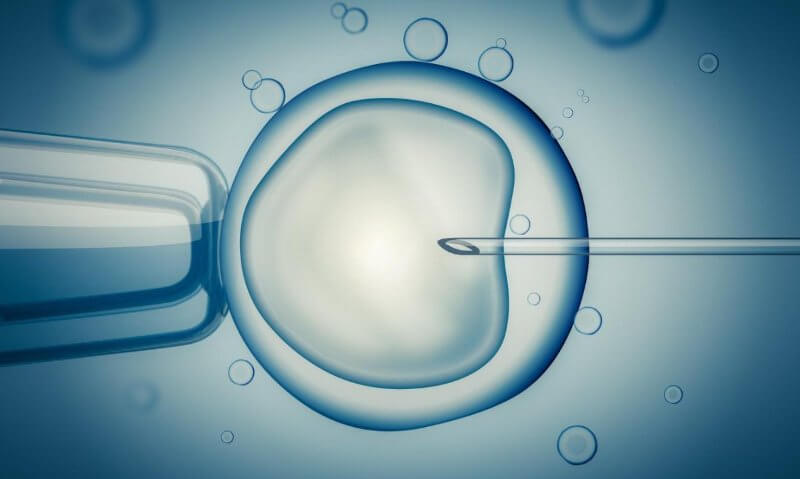The Scottish Government announced last month that they will now be funding 3 IVF cycles on the NHS for women under 40, instead of just 2 cycles. Women aged between 40 and 42 will be offered one round of IVF if they fit certain criteria (more details below).
What is IVF?
Most of us have heard the term IVF and are aware that it’s a way to assist with getting pregnant, in those who are less fertile. IVF stands for In Vitro Fertilisation, which means that an egg is removed from a woman’s ovaries and fertilised with sperm outside the female body, in a laboratory. Once the egg is fertilised and is an embryo, it is put back into the female’s womb to grow and develop into a baby. Find out more at the NHS Choices website and the HFEA website.
What are the restrictions?
To qualify for 3 cycles of IVF treatment, you must:
- Be a woman under the age of 40
- Have tried to conceive for 2 years of regular unprotected intercourse or had 12 cycles of artificial insemination
If you are a woman aged 40-42 who has tried to conceive for 2 years of regular unprotected intercourse or had 12 cycles of artificial insemination, you will be offered 1 cycle of IVF treatment. However, there is criteria to be fulfilled:
- You have never had IVF treatment previously
- There is no evidence of low ovarian reserve
- There has been a discussion about the added implications of IVF and pregnancy at this age
There is further information and details of access criteria at the NICE (National Institute for Health and Care Excellence) website.
Is IVF successful?
The success rates of IVF are dependent on the woman’s age and the reasons of their infertility. The following are statistics from the NHS Choices website (2010):
Percentage of IVF treatments that resulted in a live birth:
- 32.2% for women under 35
- 27.7% for women aged 35-37
- 20.8% for women aged 38-39
- 13.6% for women aged 40-42
- 5% for women aged 43-44
- 1.9% for women aged over 44
Is IVF risky to my health?
As with any treatment and medicine there are risks, some of which are:
- Side effects from the medications
- Multiple births
- Ectopic pregnancy
- Ovarian hyperstimulation syndrome (OHSS) – Too many eggs develop in the ovaries
Due to the low percentage of live births (as above) there are emotional demands that can be extremely hard to deal with, counselling should be offered throughout the process to help you.
What are the common fertility drugs?
There are many fertility drugs available and the appropriate one will be recommended by your specialist doctor. To find out more about the most common fertility drugs check out the HFEA (Human Fertilisation and Embryology Authority) website.
If you already have your prescription, you can order your IVF medication from our online dispensary.
Are you struggling to get pregnant?
If you are struggling to get pregnant, the first port of call should be to see your GP. You can book in to see our own Dr Lifson at the private Kalmed Clinic, he can advise the best way to increase your chances of becoming pregnant and if you should be referred to a specialist.
There are also support groups that can help you if you are experiencing infertility:


Recent Comments